On October 30, the AAPSS honored Timothy Snyder, winner of the 2025 Daniel Patrick Moynihan Prize, in Washington, DC, at Georgetown University’s McCourt School of Public Policy. Snyder accepted the Moynihan Prize and delivered the 2025 Moynihan Lecture on Social Science and Public Policy, titled “Ukrainian Humanity: Rethinking How World History Is Told.” The event was sponsored by Sage and streamed live on C-SPAN.
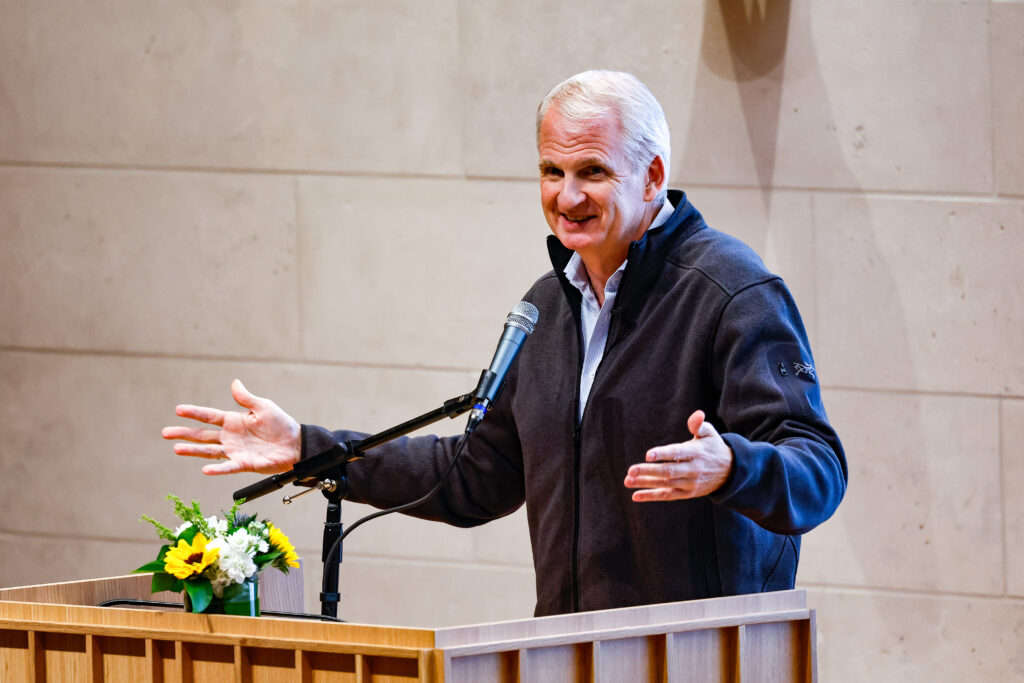
(Photo by Paul Morigi)
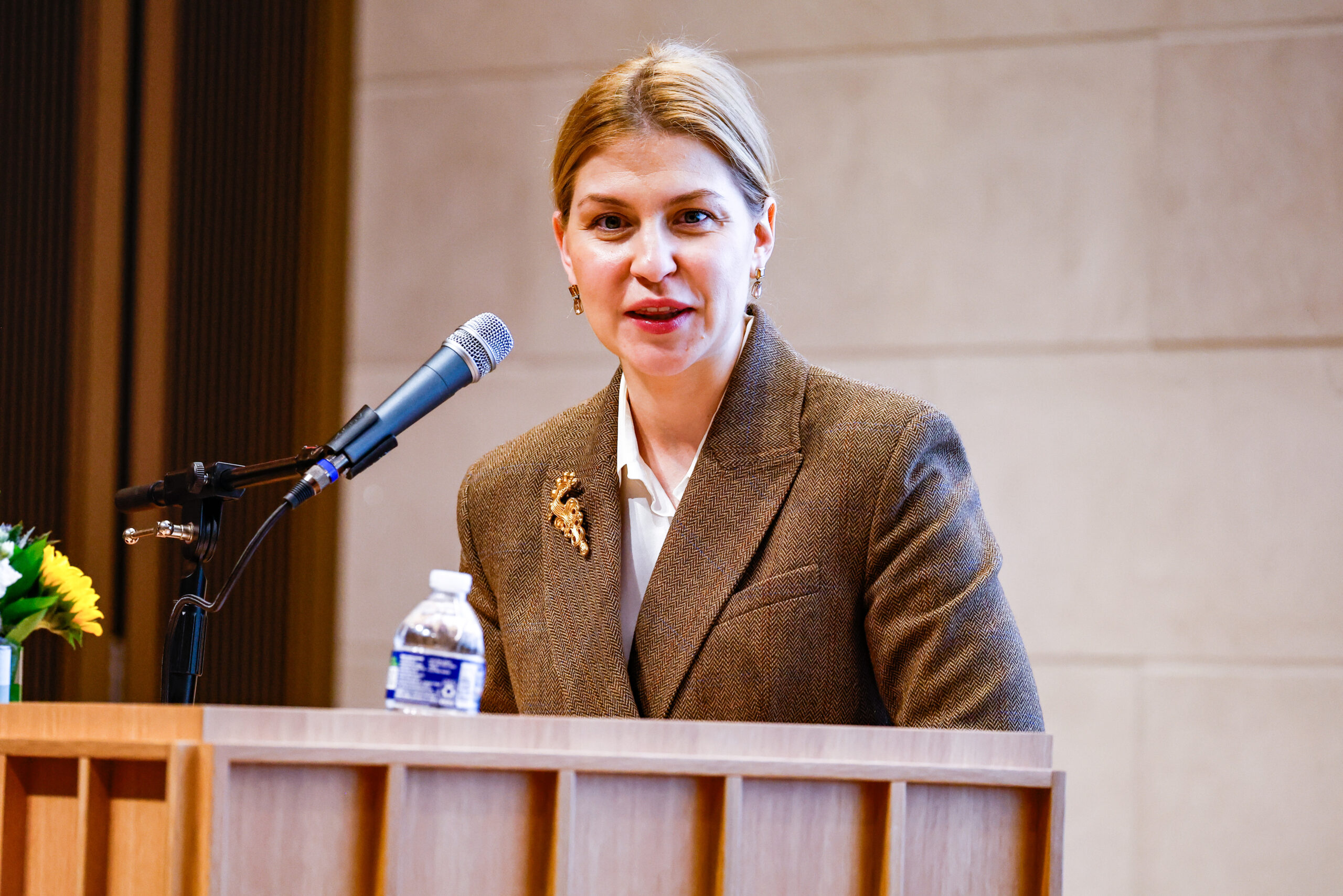
(Photo by Paul Morigi)
Olga Stefanishyna, Ukraine’s ambassador to the United States, addressed the audience before the lecture. She thanked Snyder for his extensive efforts to preserve and share Ukrainian history, especially amid the ongoing war.
Angela Stent, a foreign policy specialist at the American Enterprise Institute, introduced Snyder. She noted his contributions to European history, his writings on authoritarianism and the fragility of democracy, and his advocacy for Ukraine, praising his “present[ation of] Ukrainian history to a global audience.”
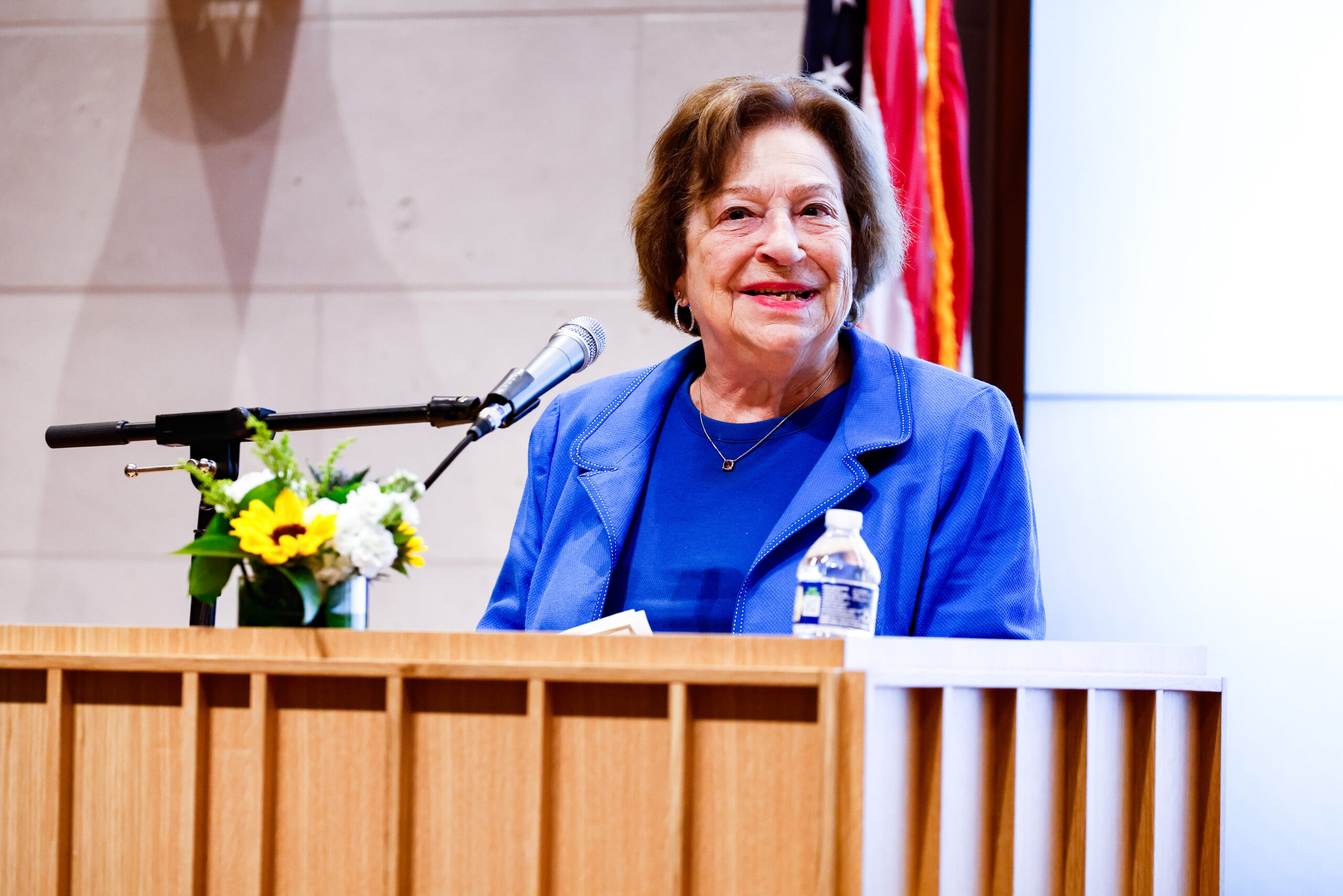
(Photo by Paul Morigi)
Snyder’s talk argued for reimagining “what the history of Ukraine can tell us about the legends, the stories, the tropes, the myths about the world that many of us already share.” He cited recent advancements in archaeological technology that have revealed much about how the peoples who once lived on the lands of modern Ukraine influenced all of European history. Artifacts of cities older than Babylon and Mesopotamia have been found in what is now south-central Ukraine, and the common ancestor of languages spoken by roughly half the world’s population originated in the steppe north of the Black Sea.
Snyder presented examples of mythological narratives rooted in historical events that took place in ancient Ukraine. The Amazons of Greek myth, for instance, were “discovered” in Scythia when DNA analysis revealed that about one-fifth of warriors buried there were biologically female. (Snyder noted that women make up a similar percentage of the Ukrainian armed forces today.) He also debunked popular perceptions of extensive Viking exploration of North America, explaining that the Vikings’ greatest cultural impact came from journeys to eastern Europe and Asia that resulted in the founding of Kyivan Rus’—a state that Ukrainians, Belarusians, and Russians today claim as a cultural ancestor.
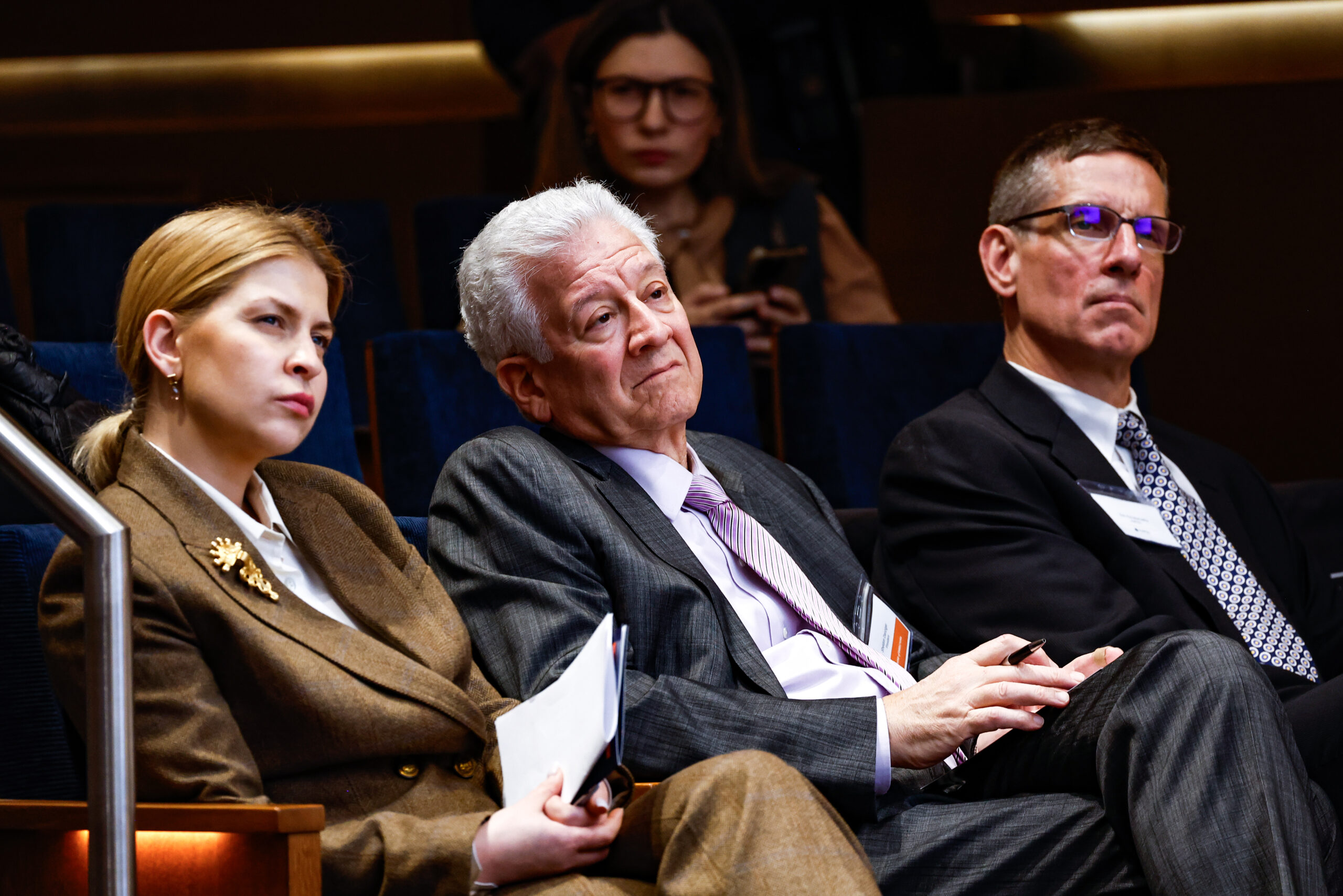
(Photo by Paul Morigi)
Snyder concluded with a return to the present, pointing out that these and many other narratives live on in today’s popular media—such as superhero comics and high-fantasy fiction—and would not exist without the very real history of the lands of Ukraine.
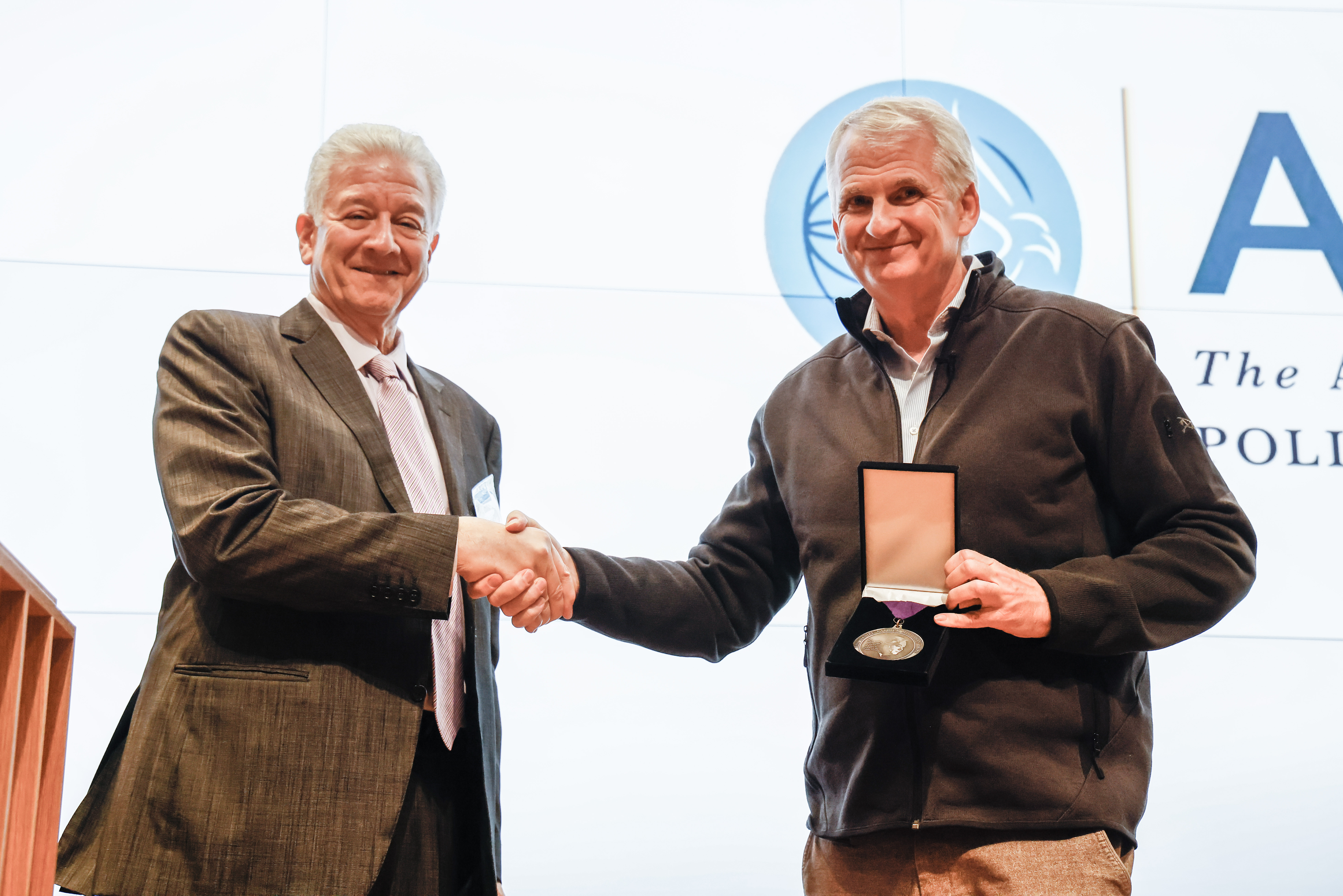
(Photo by Paul Morigi)
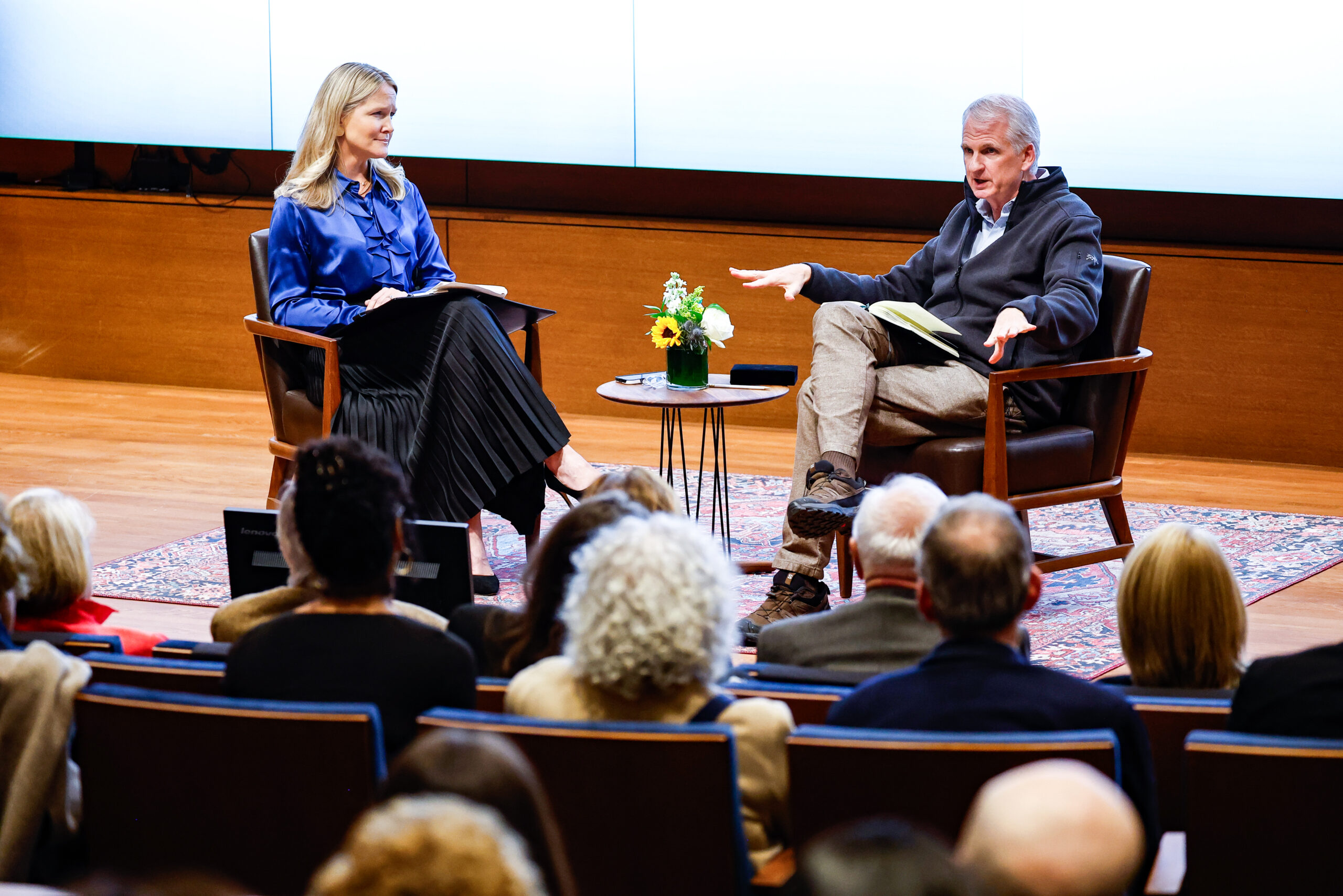
(Photo by Paul Morigi)
Snyder then sat down with Alexa Chopivsky, executive director of the Women’s Foreign Policy Group, for a conversation that connected Snyder’s historical work to current tensions in Europe.
Video of the introductions, lecture, and conversation are available here and on the AAPSS’s YouTube channel, and the C-SPAN stream can be watched here. Chopivsky’s colleagues at the Women’s Foreign Policy Group posted their own recap of the event.
The AAPSS thanks everyone who helped make this event possible and looks forward to next year’s Moynihan Lecture. If you enjoyed the event—whether in person or virtually—and would like to help ensure the future of the Moynihan Prize and Lecture, we invite you to donate to the Moynihan Prize Capital Campaign.

